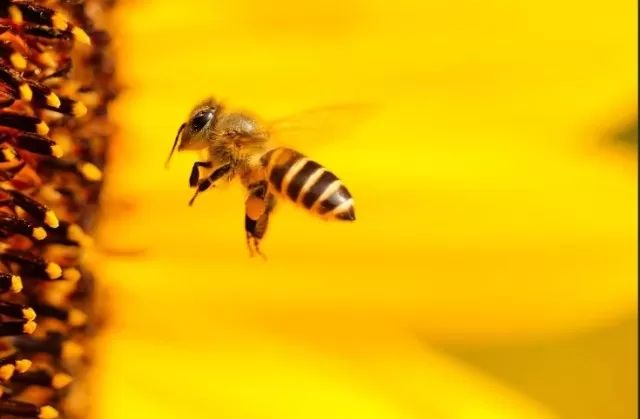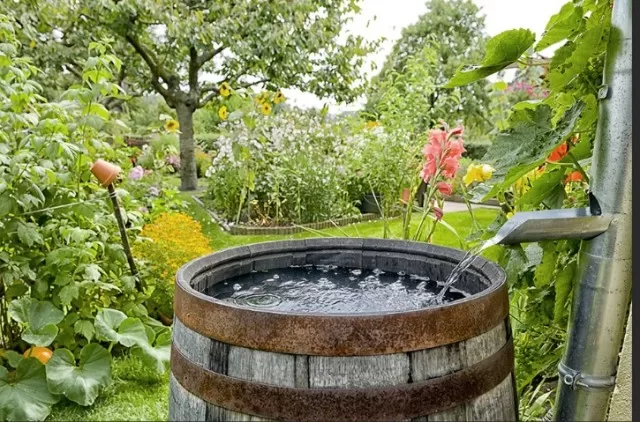Bee-Friendly Garden: Tips for Supporting Pollinators. Bees and other pollinators play a vital role in our ecosystem, supporting the growth and reproduction of plants.
By making a few simple changes in your environment, you can create a welcoming space that attracts and supports these important pollinators. By following these helpful tips, you can transform your outdoor space into a haven for bees and other pollinators. Your efforts will not only support the survival of these essential creatures but also contribute to the beauty and biodiversity of your surroundings. So, let’s join together in creating a pollinator paradise, one garden at a time.
Bees, the Unsung Heroes of Our Food Chain

Bees are invaluable contributors to our delicate ecosystem, playing a vital role in pollinating the diverse array of fruit and vegetable plants that grace our tables.
As per the Food and Agriculture Organization of the United Nations (FAO), the successful growth of a majority of food crops relies heavily on the diligent work of pollinators, particularly bees. However, distressingly, the global bee population has been witnessing a steady and concerning decline year after year, as reported by the U.
S. Department of Agriculture (USDA).
Creating an Irresistible Haven: Cultivating Bee-Adored Floral Delights
If you desire to entice the enchanting presence of bees to grace your yard, the simplest and most effective method is to cultivate a vibrant tapestry of flowers that beckon them with their irresistible allure.
Among the vast array of floral options, several captivating choices stand out as perennial favorites for bees. By incorporating blooms such as coneflowers, black-eyed Susans, sunflowers, and lavender into your garden, you are not only providing the bees with a delectable feast of pollen and nectar but also adorning your outdoor sanctuary with a captivating burst of color that delights both these industrious insects and human admirers.
A Year-Round Feast: Ensuring a Continuous Floral Banquet for Bees

When curating a garden that truly embraces and supports our buzzing friends, it’s crucial to consider not only the selection of flowers but also their blooming times.
By incorporating bee-friendly plants that bloom at different intervals throughout the growing season, you create an enticing tapestry that ensures a continuous supply of floral delights, keeping bees captivated and well-nourished. Let’s explore a delightful assortment of blooms, carefully selected to provide a feast for bees throughout the changing seasons.
Embracing Nature\’s Abundance: The Power of Variety in Bee-Friendly Gardens
In our quest to foster a flourishing ecosystem, it becomes evident that biodiversity plays a pivotal role in creating an ideal environment for bees.
Beyond the inclusion of flowers that bloom throughout the growing season, the significance of maintaining a diverse range of plants and flowers of varying sizes cannot be overstated. By embracing a multitude of flora, you not only enhance the visual allure of your garden but also entice a broader spectrum of pollinators to grace your space, enriching the delicate balance of nature.
Quenching Their Thirst: A Refreshing Oasis for Bees

Just as all living creatures require water to thrive, bees too rely on this essential resource for their well-being.
By providing a reliable water source in your garden, you not only contribute to the health and vitality of local bee populations but also create an inviting oasis that encourages their presence and supports their crucial role as pollinators. Let’s explore some simple yet effective ways to ensure that bees have access to the hydration they need.
*The information is for reference only.